Nissan’s Current Challenges
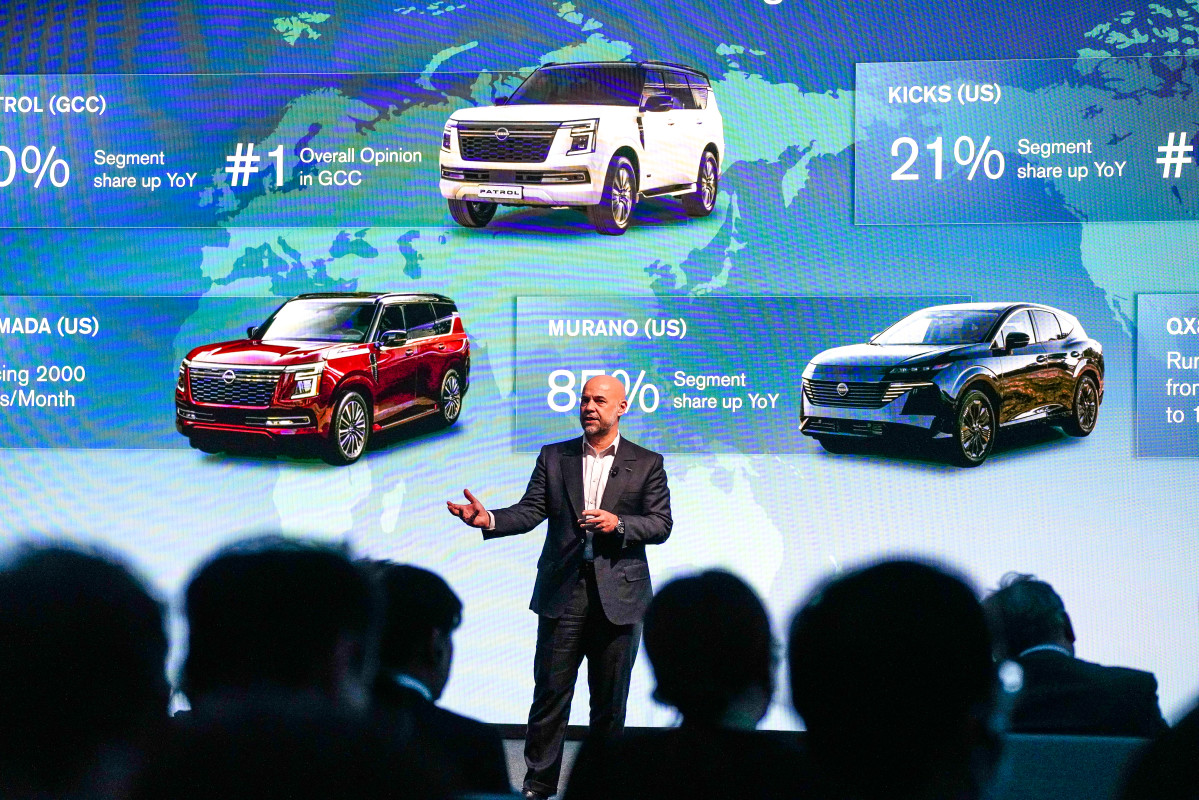
Over the past few years, Nissan’s been navigating some pretty choppy waters. Many folks already know that the automaker’s financial health hasn’t been stellar, with a steep drop in revenue contributing to serious challenges for the company’s future. Recently, Nissan threw out plans for a new battery plant in Japan, a setback that potentially impacts their push in the EV sector across global markets.
A Factory Dilemma
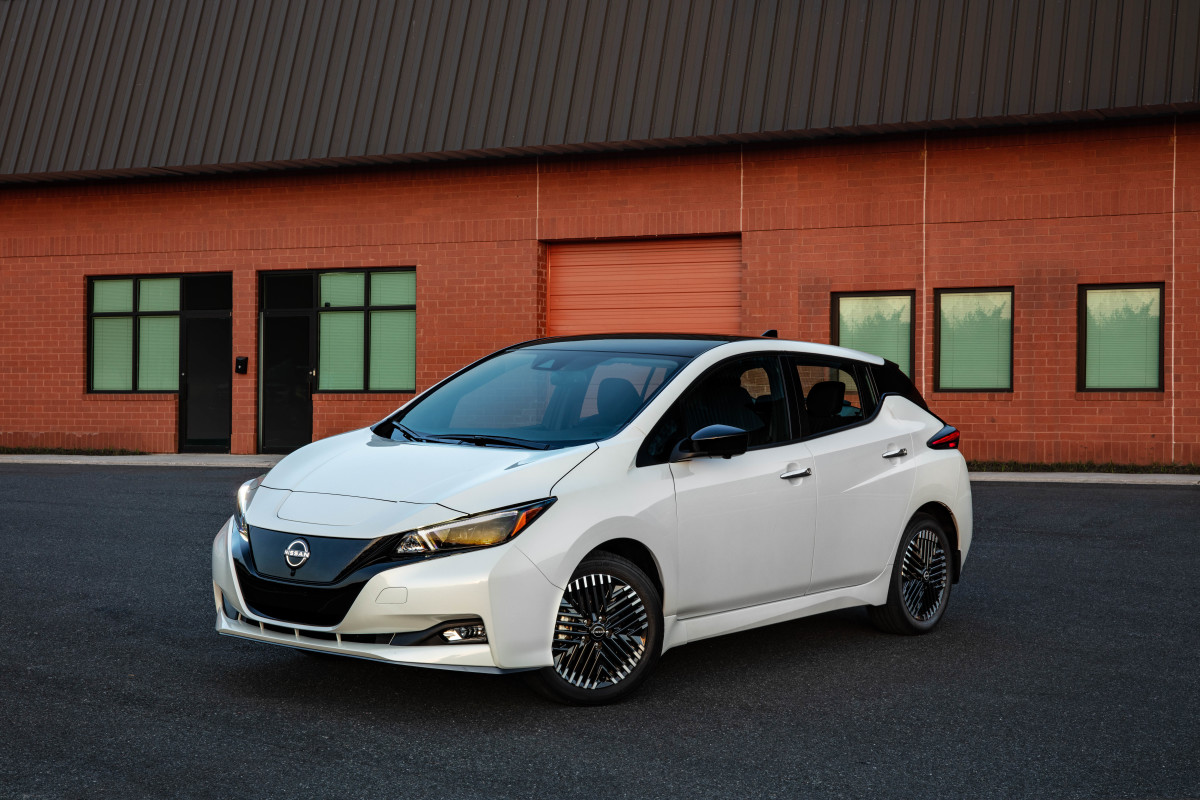
Nissan had plans for a lithium-iron-phosphate (LFP) battery facility in Japan, initially projected to slash EV battery costs by up to 30%. This move aimed to strengthen their competitiveness against players like BYD. But with the project scrapped, Nissan’s cost efficiency goals took a hit. The idea was to develop and produce these batteries to curb expenses and boost the affordability of their EV offerings. However, Nissan’s decision to walk away from this endeavor, along with the closure of their Wuhan, China facility, points to the company’s broader restructuring strategy.
This abandoned facility was part of a billion-dollar investment and would have included a $384 million boost from the Japanese government. Coupling these closures with global market pressures, Nissan’s trying to cut costs by $1.7 billion to bring itself back into profitability by fiscal 2026. This belt-tightening involves shedding 20,000 jobs by 2027 and trimming its production sites from 17 to 10.
Moving Forward
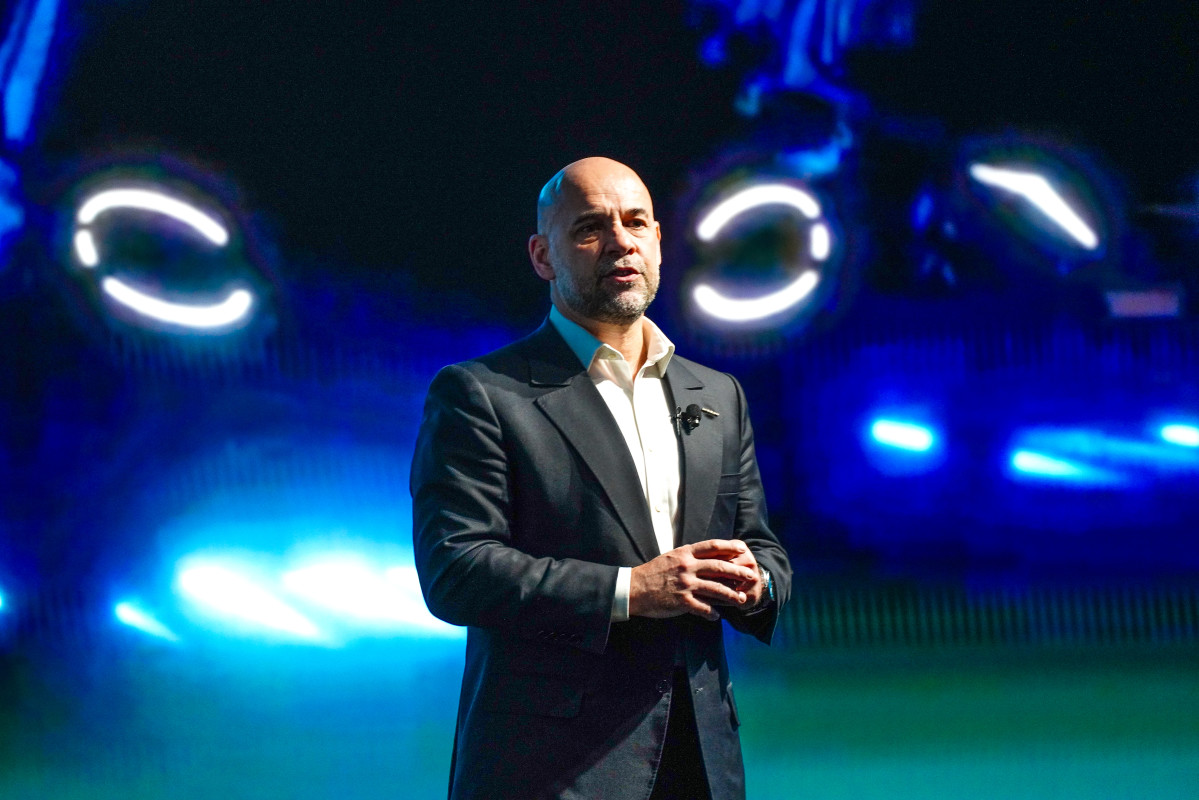
The North American market is where Nissan is placing its bets. While their lineup could use a bit of refreshment, there are nearly a dozen new or updated models planned for the coming years. The evolution of the Nissan Leaf, for example, shifts from a modest hatchback to a suave crossover, sharing its underpinnings with the Ariya. This strategic move jazzes up performance and driving range, painting a brighter picture for Nissan’s EV ambitions in the U.S.
Nissan’s strategy includes the Rogue PHEV, an exciting entry as the brand’s first plug-in hybrid, and revamps of favorites like the Pathfinder and Infiniti QX60. In the world of sedans, while the market seems to be shrinking, Nissan’s got the next-gen Sentra lined up, though the Versa and possibly even the Altima may not be around much longer. The compact sedan market may not be buzzing, but Nissan isn’t bowing out just yet.
Looking Ahead
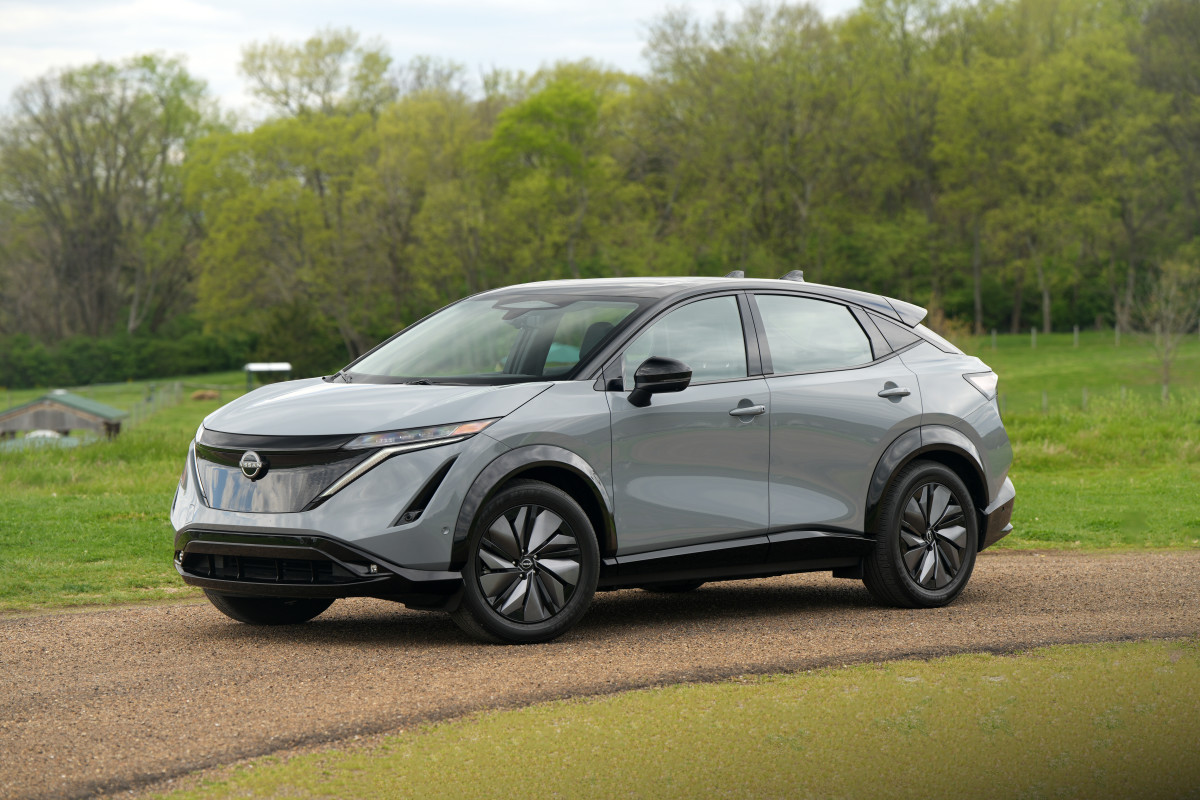
No doubt, Nissan’s got its hands full with financial hurdles, but with fresh leadership and a clear cost-cutting plan, they aim to rebound in the coming years. The company’s poised to shake up the U.S. auto space with new models that could challenge category leaders. However, they still face stiff competition from China’s burgeoning automakers who are becoming major players globally. Nissan’s race against time to solidify its footprint in the shifting automotive landscape is crucial.
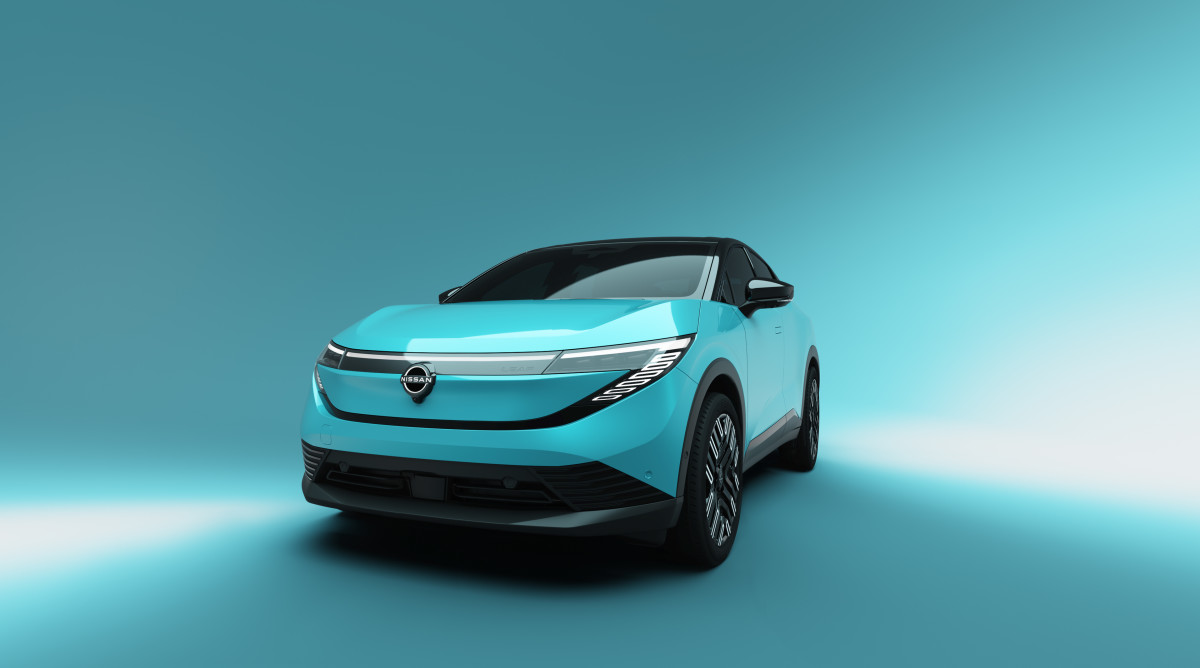
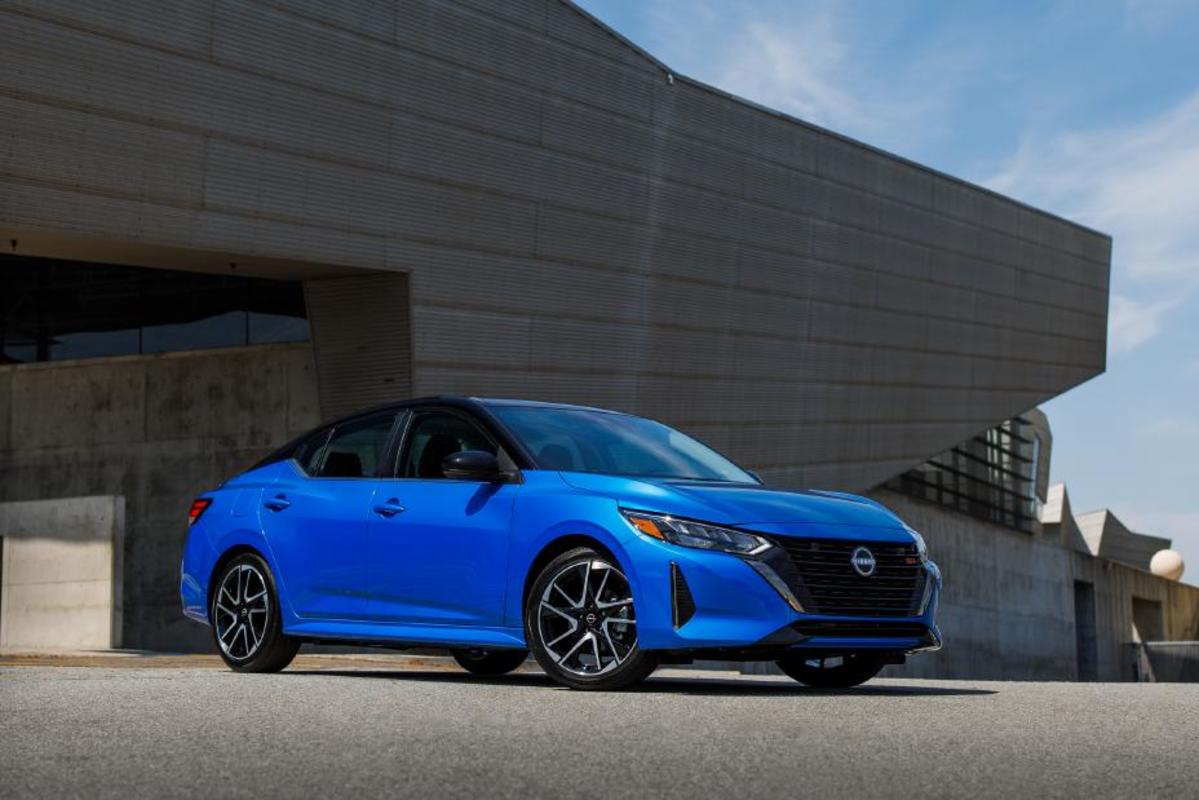
CLA Shooting Brake Unveiled
DeLorean Bike Clash
Bronco's Coastal Vibes
Dodge's Futuristic Look
Cyclist DeLorean Crash